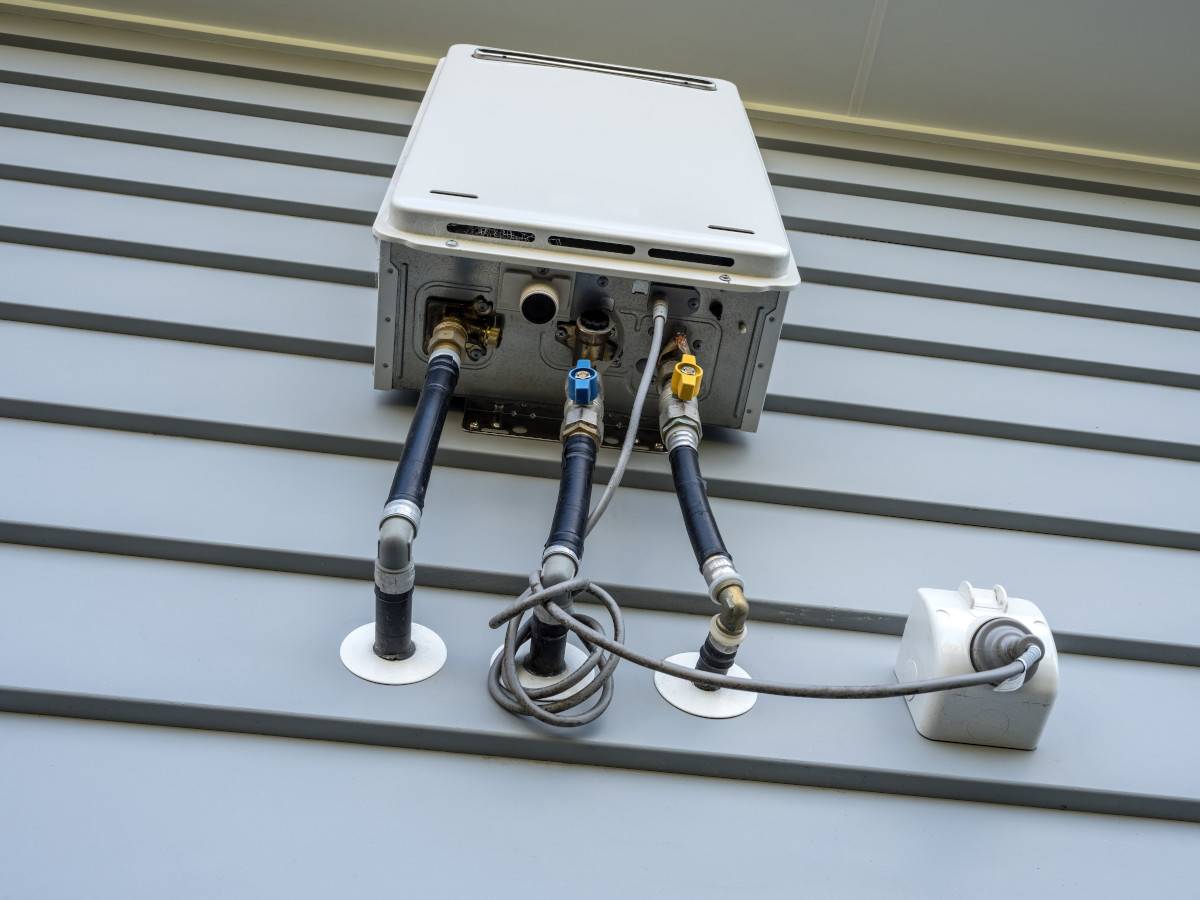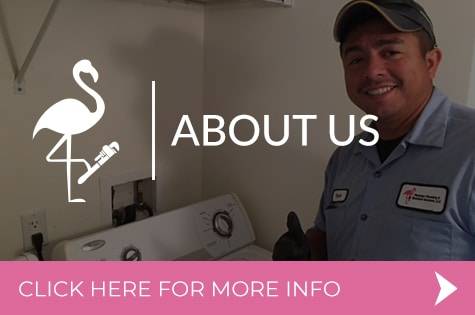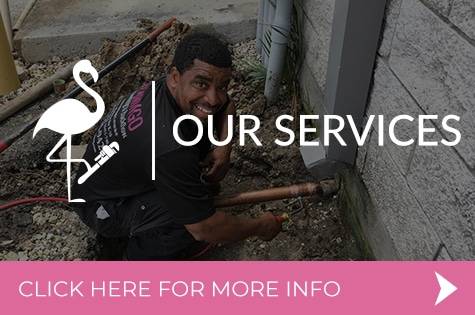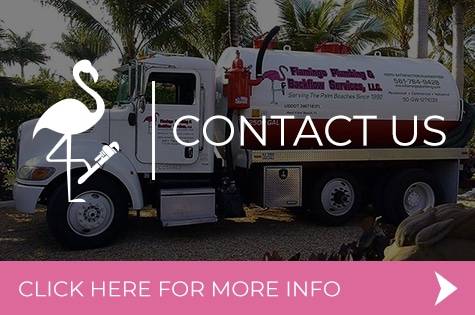Can hard water ruin a tankless water heater? Yes, it can. The minerals in hard water, like calcium and magnesium, create scale buildup inside the heater. Over time, this reduces efficiency, increases energy consumption, and can lead to costly repairs or replacements. To avoid these issues, regular maintenance and preventative steps are essential.
How Hard Water Damages Tankless Water Heaters
Hard water contains high levels of calcium and magnesium, which are the main culprits behind scale buildup. As water flows through your tankless water heater, these minerals settle and form a hard, crusty layer on the internal components, especially the heat exchanger. Over time, this buildup restricts water flow, making it harder for the heater to operate efficiently. It can lead to uneven heating, reduced water pressure, and increased energy consumption.
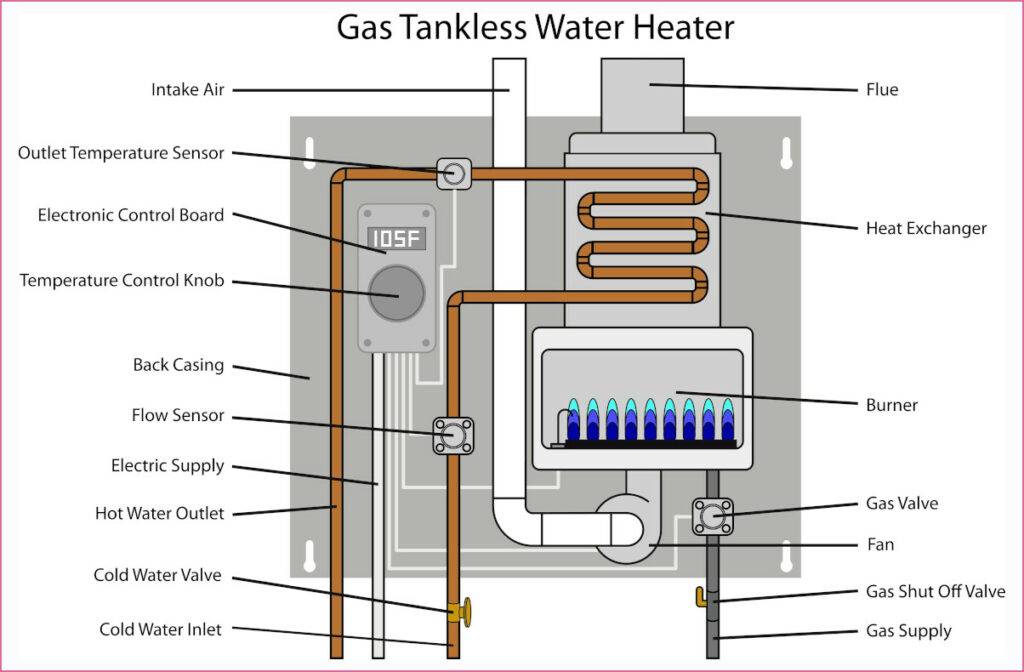
When left untreated, hard water can cause serious, long-term damage to a tankless water heater, including:
- Clogged Heat Exchangers: Scale builds up inside the heat exchanger, reducing the unit’s ability to heat water properly.
- Increased Energy Bills: As the unit works harder to heat water through the mineral deposits, energy consumption rises.
- Overheating and Premature Failure: Blocked water flow can cause the unit to overheat, leading to frequent breakdowns or the need for replacement.
- Shortened Lifespan: The additional stress caused by hard water accelerates wear and tear, cutting the lifespan of the heater.
Regular maintenance and preventative measures are crucial to avoid these costly issues.
How to Prevent Hard Water Damage
Preventing damage from hard water starts with addressing the minerals before they enter the tankless system. Here are a few key solutions:
- Water Softener Installation: A water softener removes calcium and magnesium from your water, preventing scale buildup inside the heater.
- Scale Inhibiting Filters: These filters are designed to minimize scale formation before water enters the tankless unit.
- Regular Descaling: Descaling every 6 to 12 months is crucial to remove existing mineral deposits. This can be done using a descaling kit or with the help of a professional.
Is It Too Late? When to Consider Replacement
Once scale buildup has reached a critical point, the efficiency of the heater is drastically reduced. Repairs may offer only a temporary fix, and frequent malfunctions could mean it’s time to consider a replacement. If your tankless water heater is constantly failing, using significantly more energy, or requiring repeated repairs, it’s likely that hard water has taken a serious toll. In these cases, replacing the unit may be the most cost-effective solution.
Also Read: Understanding Water Pressure In A Tankless Water Heater
Long-Term Costs of Ignoring Hard Water
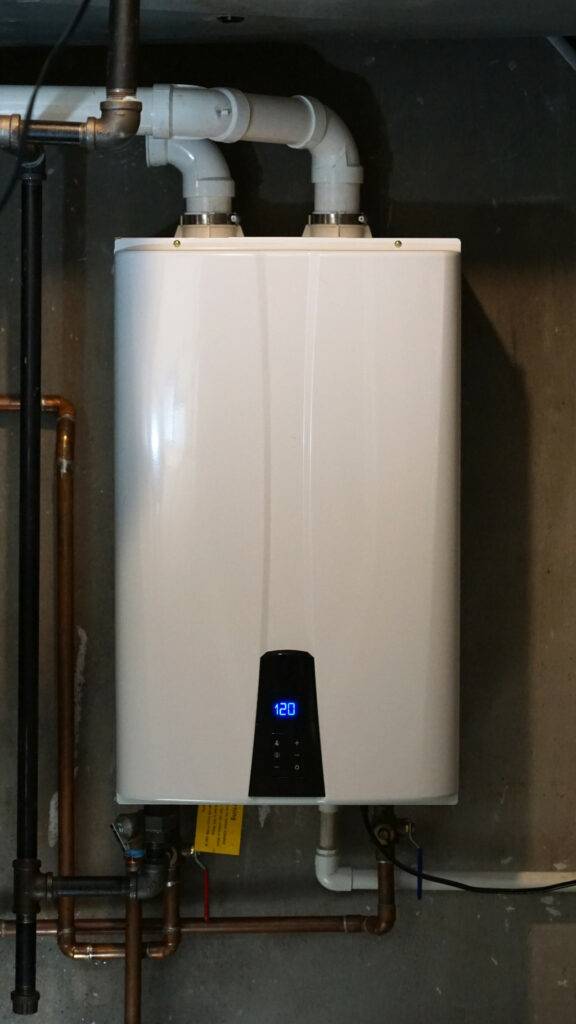 Ignoring hard water problems can cost you much more in the long run. The heater will consume more energy to maintain water flow and temperature, driving up energy bills. Internal components, especially the heat exchanger, will face damage from mineral buildup. These repairs are often expensive, and eventually, you may need to replace the entire unit. Preventative maintenance and investing in a water softener are far more affordable than frequent repairs or a replacement system.
Ignoring hard water problems can cost you much more in the long run. The heater will consume more energy to maintain water flow and temperature, driving up energy bills. Internal components, especially the heat exchanger, will face damage from mineral buildup. These repairs are often expensive, and eventually, you may need to replace the entire unit. Preventative maintenance and investing in a water softener are far more affordable than frequent repairs or a replacement system.
How to Spot Hard Water Issues Early
Catching the effects of hard water early can save you from expensive repairs or replacements. Here are a few warning signs that hard water might be harming your tankless water heater:
- Water Flow Reduction: If the water flow from your hot water tap seems weaker than usual, mineral deposits could be clogging your heater.
- Inconsistent Water Temperature: If your water temperature fluctuates unpredictably, hard water buildup may be to blame.
- Visible Scale on Faucets: White or chalky deposits around faucets indicate high mineral content, which could also affect your water heater.
- Strange Noises: Sounds like popping or cracking inside the heater often signal that scale is forming inside the unit.
Acting quickly when these signs appear can prevent further damage and extend the life of your heater
Regular Maintenance to Protect Your Tankless Water Heater
Routine maintenance is key to prolonging the life of a tankless water heater in a hard water environment. Here are the essential steps:
- Flushing the System: Flushing your tankless water heater with a descaling solution at least once a year helps clear out mineral deposits.
- Installing a Water Softener: A water softener treats the water before it reaches the heater, significantly reducing the amount of scale that can form.
- Checking for Leaks: Mineral buildup can cause cracks in pipes, leading to leaks. Regular inspections can catch this early.
- Hiring a Professional: Having a plumbing professional perform a yearly checkup ensures all components are working efficiently and can address any hard water damage early on.
With consistent care, you can extend the life of your tankless water heater and keep it running smoothly despite hard water challenges.
DIY Descaling vs. Professional Help
Descaling your tankless water heater can be a DIY job, but there are pros and cons to doing it yourself versus hiring a professional.
DIY Descaling Pros:
- Saves money on labor costs.
- Provides an opportunity to learn about your system.
DIY Descaling Cons:
- Risk of improper descaling, which can cause more harm than good.
- Time-consuming and may require specific tools.
Professional Descaling Pros:
- Expertise ensures thorough cleaning and protection from future damage.
- They can identify other potential issues during the service.
Professional Descaling Cons:
- The cost of labor adds to the expense, but it can save you from future costly repairs or replacements.
If you’re comfortable doing it yourself, a DIY descaling kit can work. But if you’re unsure, hiring one of our professionals can provide peace of mind and potentially extend the life of your heater.
Protecting Your Tankless Water Heater with a Water Softener
The best long-term solution to prevent hard water from ruining your tankless water heater is to install a water softener. A water softener removes calcium and magnesium ions from your water, preventing them from forming scale inside your heater. This protects the heat exchanger and other components, reduces energy consumption, and extends the lifespan of the unit.
If you live in an area with hard water, a water softener is an investment that pays for itself by reducing repair costs and improving efficiency. Water softeners are also beneficial for your entire plumbing system, preventing hard water damage to pipes, faucets, and appliances.
Why Ignoring Hard Water Can Cost You More
Ignoring hard water issues can be expensive. As scale builds up, your tankless water heater will work harder to maintain water flow and temperature, which increases your energy bills. The unit’s internal components, especially the heat exchanger, can suffer irreversible damage if the problem persists. Eventually, you’ll need to either replace the heat exchanger (which is costly) or the entire unit.
The cost of regular maintenance and installing a water softener is significantly lower than replacing a damaged tankless water heater. Taking preventive action not only keeps your water heater running efficiently but also protects your wallet in the long run.
How Flamingo Plumbing Can Help
Hard water damage is a common issue for homeowners, but it doesn’t have to ruin your tankless water heater. At Flamingo Plumbing, we specialize in preventing and repairing hard water damage. Our team provides expert descaling services, water softener installations, and annual maintenance to ensure your heater operates at peak efficiency. Whether you’re dealing with minor scale buildup or you need a full replacement, our technicians are ready to help you extend the life of your system and avoid costly repairs. Reach out to Flamingo Plumbing today to protect your investment and keep your tankless water heater running like new.

